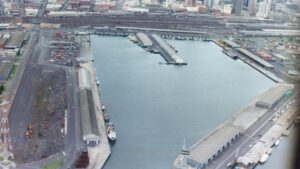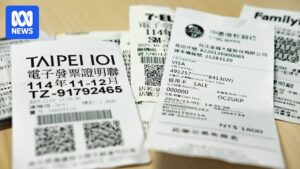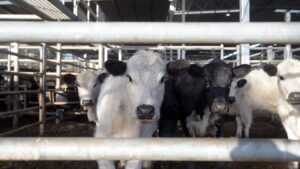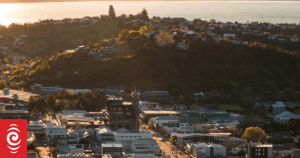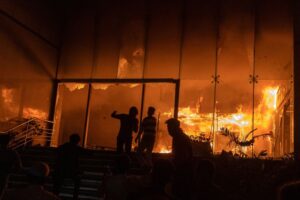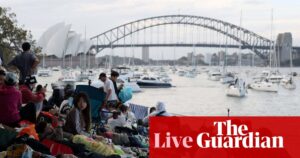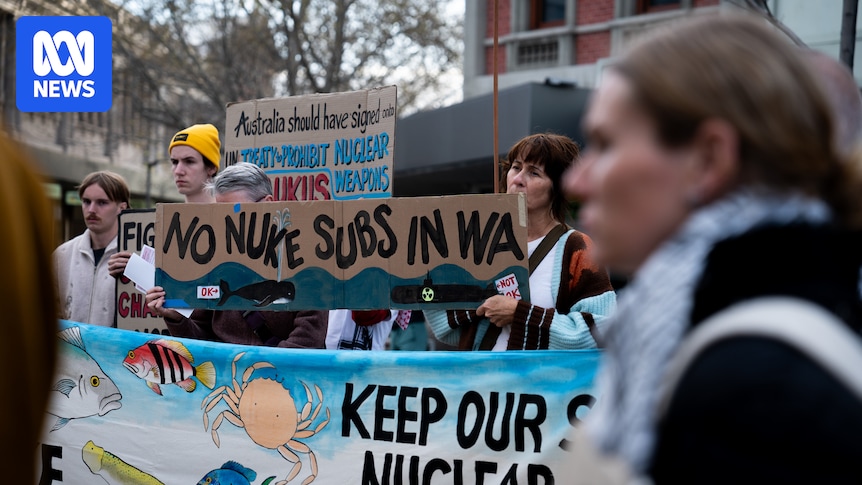
Rigour, precision, and safety—these are the values the Australian Submarine Agency (ASA) is urging Australians to adopt as it embarks on a mission to arm the nation with nuclear submarines. In a bid to earn public trust, the ASA has initiated community engagement efforts, starting with a contentious meeting in Fremantle, Western Australia.
On Thursday night, a delegation of uniformed naval officers and ASA representatives addressed the City of Fremantle’s community. This port city is adjacent to the future Henderson Defence Precinct and HMAS Stirling naval base, earmarked by the federal government for housing and maintaining nuclear submarines. The meeting, described as an “information session,” was met with protests outside the town hall, hinting at the community’s apprehensions.
Nuclear Experience and Community Concerns
Paul Myler, the ASA’s AUKUS advocate, leaned on the extensive nuclear experience of the United States and the United Kingdom to assure the crowd of the project’s safety credentials. “We don’t get to automatically rely on that reputation. We have to earn that part, that legacy, and build our trust with our communities—and that’s what we’re starting here,” he stated.
However, the delegates clarified they were not there to debate AUKUS, a decision made by successive Australian governments. The crowd was invited to a “fun day” to learn more about nuclear technology, a suggestion met with laughter.
WA Greens MLC Sophie McNeill, present at the session, expressed concern over the government’s disconnect from communities near AUKUS sites. “This event really highlighted the deep level of community concern and opposition to AUKUS … The officials did all they could to avoid answering the hard questions,” she remarked.
Safety, Sovereignty, and Stewardship
Safety and sovereignty were central themes during the session. One local raised concerns about the UK’s nuclear weapons testing in the 1950s, which left contamination at the Monte Bello Islands and other sites in Australia. The ASA responded that nuclear weapons and testing are separate issues, emphasizing Australia’s clear stance on the matter.
The agency introduced the concept of “stewardship,” describing it as the responsible management of nuclear material. Part of this stewardship involves planning for nuclear waste management, with low-level waste temporarily stored at HMAS Stirling. “The technical solutions can keep that waste safe for many years, decades I believe as a contingency, [but] we do expect the waste to be able to be moved much sooner,” a spokesperson explained. Plans for high-level waste storage remain undecided, with a timeline extending to at least 2050.
Debate Over National Security and Strategic Intentions
The session also touched on the command of Australia’s future nuclear-powered submarines. ASA Director-General Vice Admiral Jonathan Mead provided a straightforward response, though murmurs in the crowd suggested skepticism.
Applause erupted when a local criticized AUKUS as an “appalling waste” of taxpayer money, suggesting Australia was being used as a pawn in geopolitical tensions with China. Myler countered that the initiative is about enhancing national defense and sovereignty. “Australian defense staff and Australian diplomatic staff and Australian government staff fight every day. Our sovereignty is absolutely at the core of everything we do,” he asserted.
Lessons from the Past: The Radioactive Capsule Incident
Another local referenced the 2023 incident involving mining giant Rio Tinto, which lost a radioactive capsule in Western Australia, to highlight nuclear risks. “They [Rio Tinto] paid no penalty, and then we found out that the maximum penalty for dropping [the capsule] in WA is only a thousand dollars,” the resident noted.
Myler offered a different perspective, praising the coordinated response to the capsule’s disappearance. “It proved that West Australians had their act together, knew how to do this, knew how to respond, and the whole ecosystem coordinated and got that solved,” he said. He emphasized that the “nuclear mindset” elevates the agency above private sector standards.
Cassandra Casey, a social licence adviser from the Australian Nuclear Science and Technology Organisation (ANSTO), highlighted Australia’s experience with nuclear research and medicine. “The community, which is also my community, has grown up around ANSTO, and today the nearest homes in Engadine are just 820 metres … from that facility,” she shared.
The information session began with ASA’s commitment to earning public trust. However, the reaction from attendees suggested that few were convinced, a sentiment Myler acknowledged as the session concluded.
